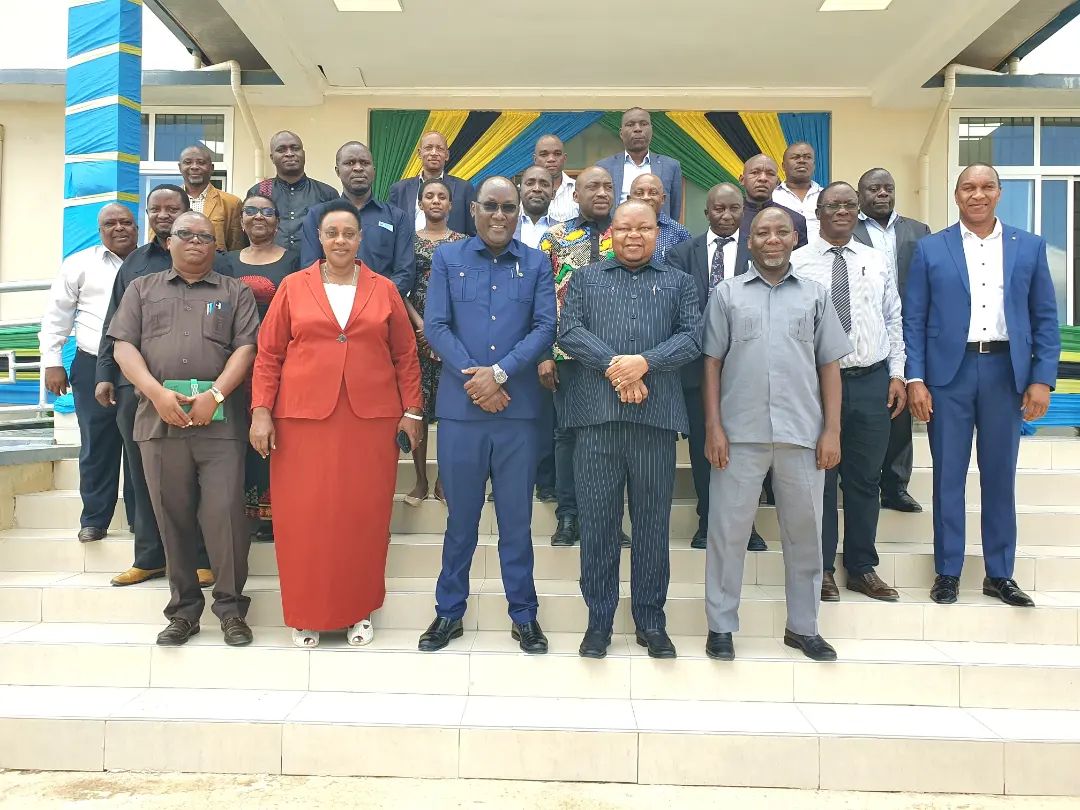Dodoma, Tanzania: Prof. Riziki Shemdoe, the Permanent Secretary of the Ministry of Livestock and Fisheries, has made a compelling call for a paradigm shift in livestock farming research and practices in Tanzania. Addressing researchers and stakeholders during the conclusive session of a cattle fattening research project on December 18, 2023, in Mtumba, Dodoma, Prof. Shemdoe stressed the critical need for research that prioritizes enhancing livestock productivity over merely increasing the numbers.
Emphasizing Quality Over Quantity
The Permanent Secretary’s message was clear and poignant: “It’s not about the sheer numbers. We have 36.6 million livestock, but that figure alone doesn’t excite me. What’s truly valuable is the quality of our meat, the improved weight of our livestock. We must shift our focus from quantity to quality, which is crucial for boosting production and enhancing the marketability of our livestock products, both locally and internationally.”
Economic and Environmental Implications
Prof. Shemdoe delved into the broader implications of unproductive livestock farming. He noted that the increase in non-productive livestock leads to persistent land use conflicts, as grazing areas remain constant despite the growing numbers. This situation underscores the urgency for farmers to rear livestock that is more economically viable and environmentally sustainable.
International Market Trends and Local Challenges
Highlighting the global market trends, Prof. Shemdoe pointed out that international buyers prefer younger cattle, typically not older than three years. However, he expressed concern that a significant portion of the cattle in Tanzania might exceed this age, thus affecting marketability.
Research Findings and Future Directions
The research project, coordinated by Prof. Ismail Selemani, aimed at identifying affordable and efficient feeding solutions for fattening indigenous cattle. The findings indicated that feeds integrated with cassava products showed promising results in enhancing meat production.
Looking forward, Prof. Shemdoe called for more innovative research and collaborative efforts. “We must harness the potential of our indigenous breeds, optimize our feeding practices, and align with global standards to not only meet the domestic demand but also carve a niche in the international market,” he asserted.
Towards a Sustainable Livestock Sector
This call for a strategic shift in livestock farming practices and research marks a pivotal moment for Tanzania’s livestock sector. It aligns with global sustainability goals and addresses both economic and environmental concerns. The Ministry of Livestock and Fisheries, under Prof. Shemdoe’s guidance, is poised to lead this transformative journey, fostering a livestock sector that is productive, profitable, and sustainable.
